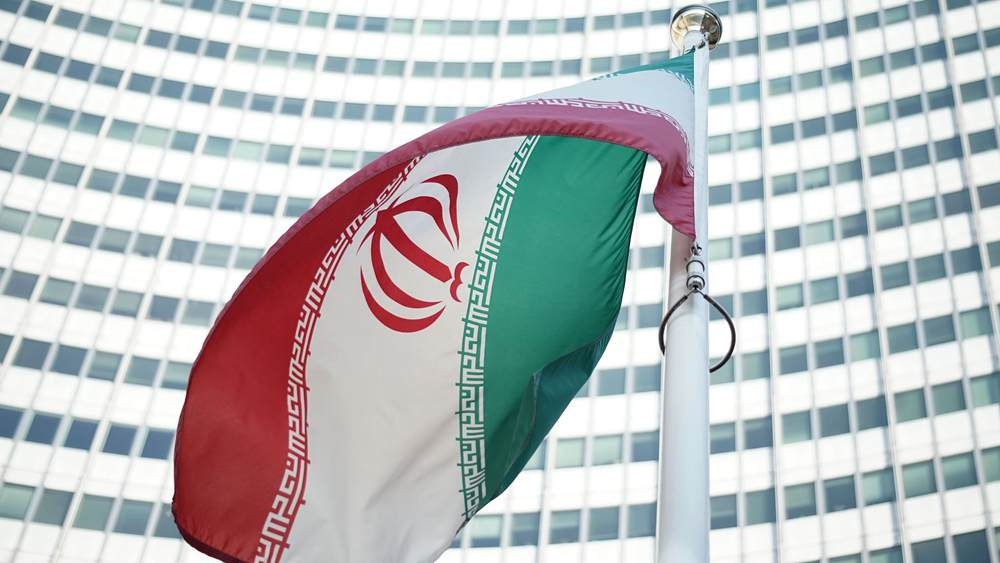
TV Show
22:08, 10-May-2019
How to salvage Iran nuclear deal with the remaining signatories?
World Insight with Tian Wei
03:17

Iran said on Wednesday it would stop complying with the nuclear deal unless other powers help the country bypass renewed U.S. sanctions in the next 60 days.
Iran added that it would start enriching uranium again unless the remaining signatories of the deal give the country's economy a hand. It has been one year after the U.S. pulled out of the 2015 nuclear deal.
The European Union, on the one hand, is importing oil from Iran which is a significant source of European consumption. On the other hand, the Europeans want to have a rule-based world committing to earlier agreement JCPOA.
Meanwhile, the Europeans also express concerns about further conflicts in the Middle East that could create problems for all exports to the European continent.
So what should the Europeans do? Could the U.S. now be able to afford more chaos in the Middle East? CGTN Senior Correspondent Tian Wei discussed with a group of panelists.
"Indeed, it's a very difficult situation for Europe. The U.S. reach in terms of sanction is large indeed because all dollars transaction run through New York. Already we have the big European companies like Siemens and Airbus not dealing with Iran because our business in the U.S. is far more important," said Fraser Cameron, a senior advisor at the European Policy Centre in Brussels.
Cameron also explained that mid-sized companies are now under threat by the U.S. and what is left now is a small barter agreement. So it is tough for Europe.
While the other five parties to the nuclear deal, also known as JCPOA, have all repeatedly said they wanted to keep the agreement, their support is not much help to Iran's struggling economy.
When talking about the mechanism of remaining members of JCPOA, Zhou Rong, senior analyst from the Chongyang Institute for Financial Study at the Renmin University of China, recommends looking at the problem in a brand new way. According to him, before it was the U.S., Britain, France, Germany, China, Russia plus Iran, but now it is 5+1 without the U.S.
If five countries stay together it is possible to make some certain mechanism; the Iran nuclear deal may be maintained to a certain way. For example, the Instrument in Support of Trade Exchanges (INSTEX) may be small, but it can do humanitarian deals.
Daniel Serwer, the director of the Conflict Management and American Foreign Policy Programs at the Johns Hopkins School of Advanced International Studies, thinks that the U.S. wants to talk with Iran. They want to settle this at the negotiating table.
"Mr. Pompeo and Trump have been talking about this for months now. The Iranians don't like the conditions of the talks, and that is quite understandable. But I do believe that there is an opening in the next couple of weeks to begin to defuse the current crisis. If it goes up again in the couple of weeks, there's a battle carrier. It'll be harder to go back to the negotiating table." Daniel said.
(If you want to contribute and have specific expertise, please contact us at opinions@cgtn.com.)

SITEMAP
Copyright © 2018 CGTN. Beijing ICP prepared NO.16065310-3
Copyright © 2018 CGTN. Beijing ICP prepared NO.16065310-3